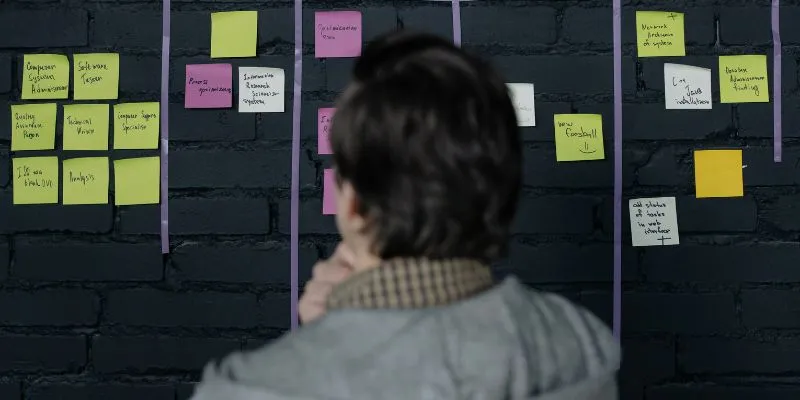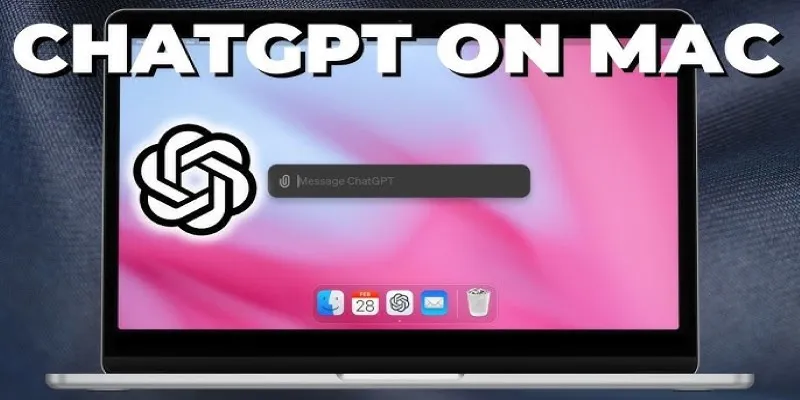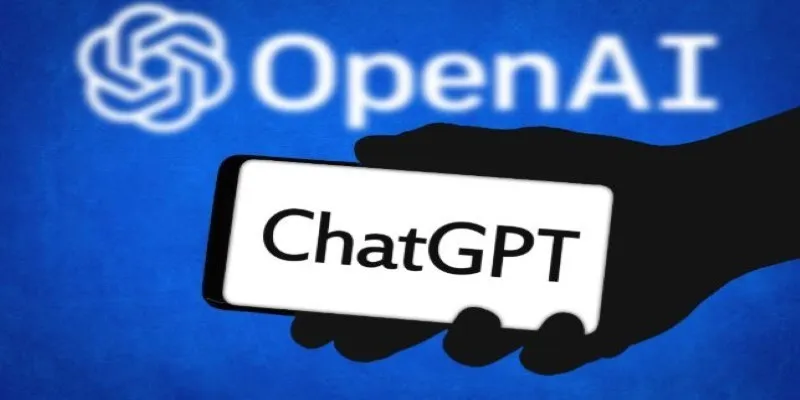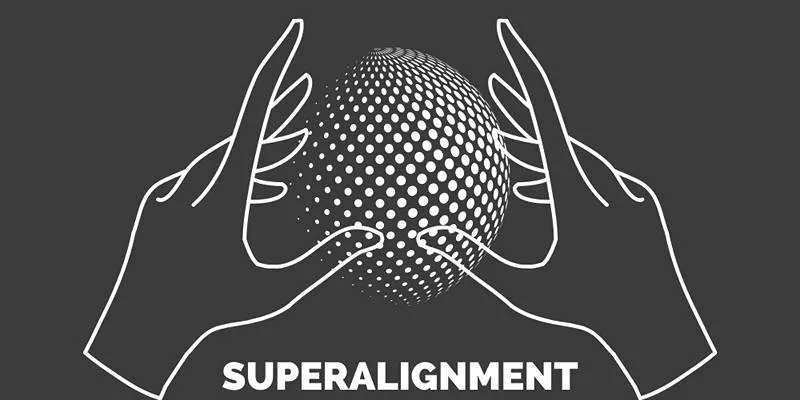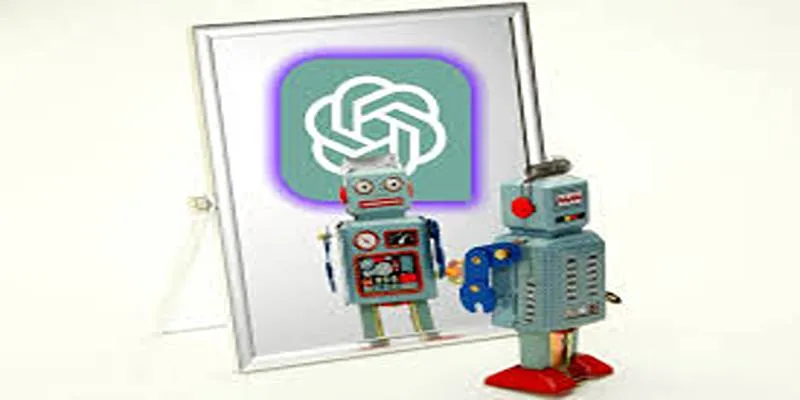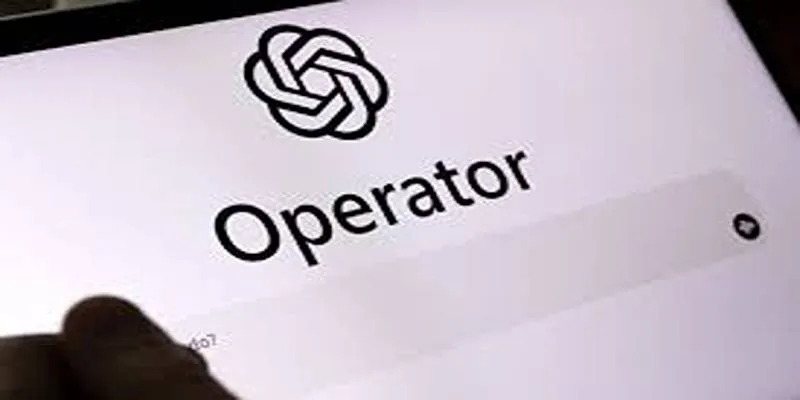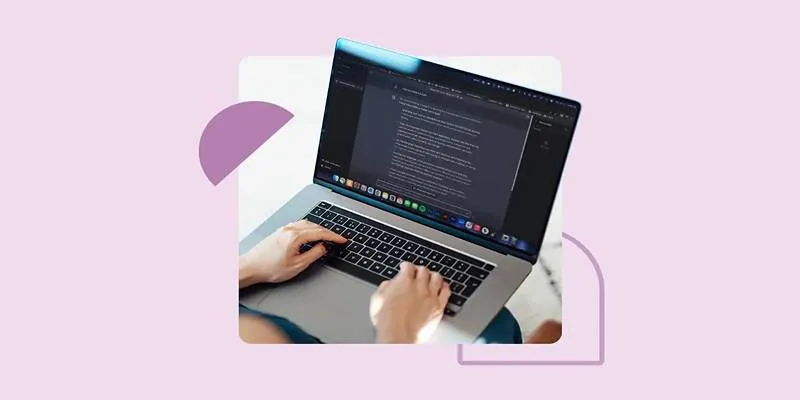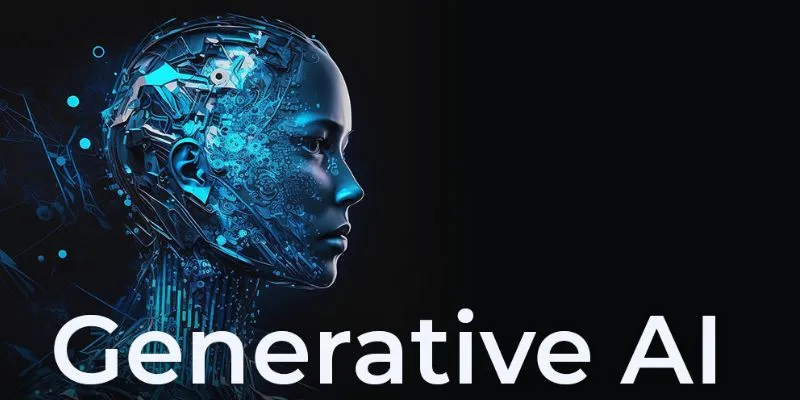Meditation offers a wealth of mental, emotional, and even physical benefits—from easing stress and improving focus to encouraging mindfulness and emotional resilience. Yet despite its advantages, developing a consistent meditation habit can be challenging, especially in today’s fast-paced world. Fortunately, AI tools like ChatGPT can offer a unique and powerful solution for staying on track with your mindfulness journey.
Instead of relying solely on meditation apps or structured courses, ChatGPT can act as a personalized wellness assistant , offering real-time support, information, and accountability. Whether you’re just starting or aiming to deepen your practice, ChatGPT can become an invaluable tool for cultivating mindfulness and building a sustainable habit.
1. Create a Supportive Environment for Meditation with ChatGPT
Before diving into meditation, setting up a space that feels safe and distraction-free is essential. While you likely know the basics—like turning off notifications and finding a quiet spot—ChatGPT can help you fine-tune your environment based on your lifestyle or specific challenges.
You might ask it to help you craft a checklist for creating a meditation corner, optimize lighting and temperature, or incorporate calming elements like scents or textures. This digital preparation assistant removes the guesswork, helping you start each session in the right mindset.
2. Learn the Fundamentals of Meditation Through AI Guidance
Understanding the foundational concepts behind meditation will give you more confidence and clarity. Instead of sifting through endless articles, ChatGPT can distill complex ideas into personalized, conversational responses.
Whether you want to explore the differences between mindfulness and focused attention meditation or better understand how meditation benefits your brain, ChatGPT simplifies the learning curve. It can also help you identify which type of meditation suits your temperament, lifestyle, and goals—without overwhelming you with jargon or conflicting advice.
3. Define Intentions for Each Session
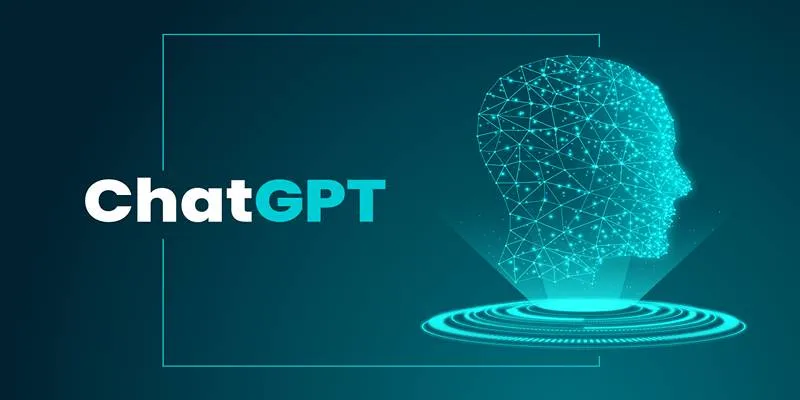
Entering a meditation session with a clear purpose enhances its effectiveness. ChatGPT can assist you in identifying meaningful intentions that align with your emotional or mental state on any given day.
Whether your goal is to cultivate patience, let go of frustration, or foster compassion, ChatGPT can suggest daily themes or intentions to ground your practice.
4. Explore Techniques Tailored to Your Needs
No single meditation style fits everyone. Depending on how you’re feeling—anxious, restless, tired, or focused—ChatGPT can offer suggestions for techniques to match your mood and needs.
Instead of fixed instructions, it offers flexible formats like body scans, breath awareness, or visualization. You can even adjust your sessions on the fly. If you’re short on time or facing a particularly stressful day, ChatGPT can help you modify the structure of your meditation to fit your circumstances.
5. Reflect and Deepen Your Understanding
Meditation is more than a routine—it’s a reflective practice. After your session, ChatGPT can guide you through post-meditation reflection. It may suggest journaling prompts, mindfulness questions, or ways to integrate your insights into daily life.
This reflection loop enhances self-awareness and keeps your practice evolving. You can return to the same thread or conversation with ChatGPT and build upon your previous sessions, tracking growth and identifying recurring themes or challenges.
6. Use Breathing Exercises to Transition In and Out of Sessions
Transitions are often overlooked but crucial in meditation. Beginning and ending your sessions with breathing exercises helps bridge your meditative state and daily awareness.
ChatGPT can provide you with various breathwork patterns—whether you want to stimulate focus or calm the nervous system. You’ll gain access to an evolving library of techniques, from deep belly breathing to box breathing, that can be tailored to your energy levels and mental state.
7. Stay Consistent with AI-Supported Reminders and Routine Building
Consistency is key to forming any habit. ChatGPT can help you plan and refine a sustainable routine by offering reminders, motivation, and creative strategies to incorporate meditation into your existing schedule.
Whether it’s embedding short mindfulness pauses between work meetings or using your morning routine as a cue, ChatGPT can help design micro-habits that anchor your practice into your life without requiring drastic changes.
8. Set Long-Term Goals and Track Progress Mindfully
Sustaining a meditation habit often requires a sense of purpose and growth. ChatGPT can help you define long-term goals such as improving emotional resilience, achieving better sleep, or developing a more mindful approach to relationships.
It can also help track your progress—by guiding you to reflect on how you feel before and after sessions, reviewing journal entries, or suggesting monthly themes. Over time, you’ll develop a broader understanding of how meditation is impacting your well-being.
9. Get Help Navigating Challenges and Plateaus
It’s common to face periods of doubt, distraction, or plateau in any long-term practice. ChatGPT can offer emotional support and practical advice during these phases. Whether you’re feeling frustrated by a lack of progress or struggling with restlessness during sessions, the AI can help normalize these experiences and provide tools to navigate through them.
It won’t replace the insight of a seasoned teacher, but its consistent and judgment-free support can encourage you to keep showing up for yourself.
10. Blend AI Guidance with Other Resources for Holistic Practice

While ChatGPT can serve as a flexible and responsive coach, it can also guide you toward other tools that complement your practice. For instance, it can recommend music, routines, apps, or readings that align with your style. You can also use it to summarize techniques from books or translate ideas into actionable steps.
By bridging digital support with personal effort, you create a rich, holistic meditation practice rooted in daily life rather than disconnected theory.
Conclusion
Developing a regular meditation habit takes intention, patience, and adaptability. ChatGPT offers all three by acting as a smart companion who listens, guides, and evolves with your needs. While it’s not a substitute for professional guidance or lived experience, it can be an incredibly helpful tool in staying accountable, curious, and grounded in your mindfulness journey. By integrating ChatGPT into your daily routine, you’re not just using AI—you’re actively co-creating a more centered, intentional, and peaceful version of yourself.
 zfn9
zfn9
